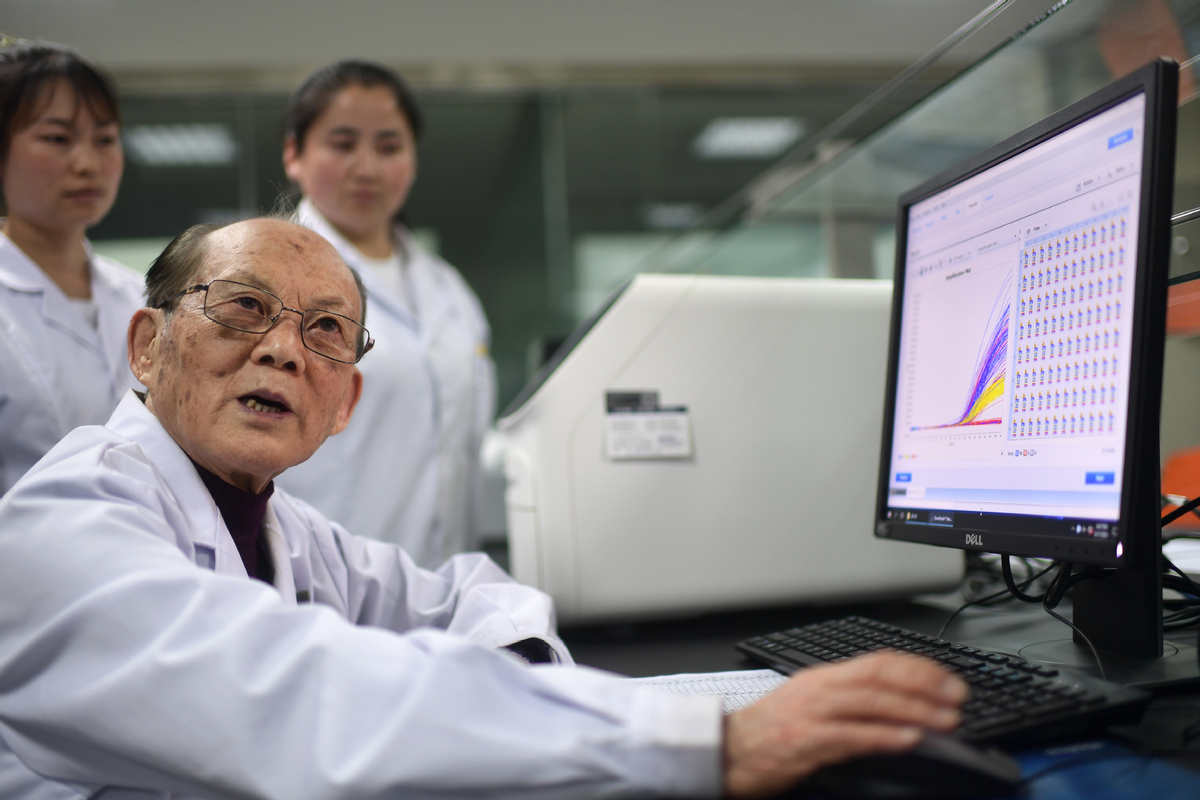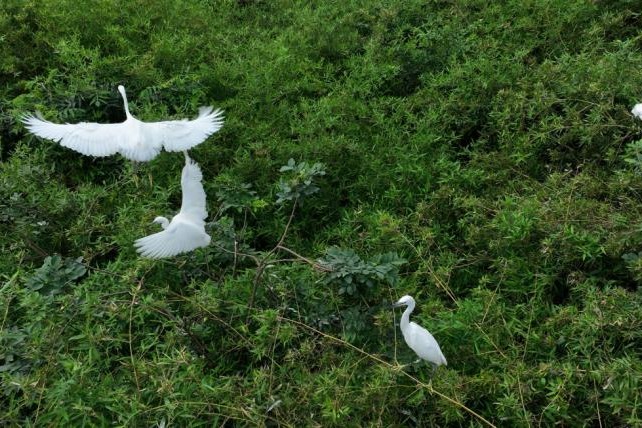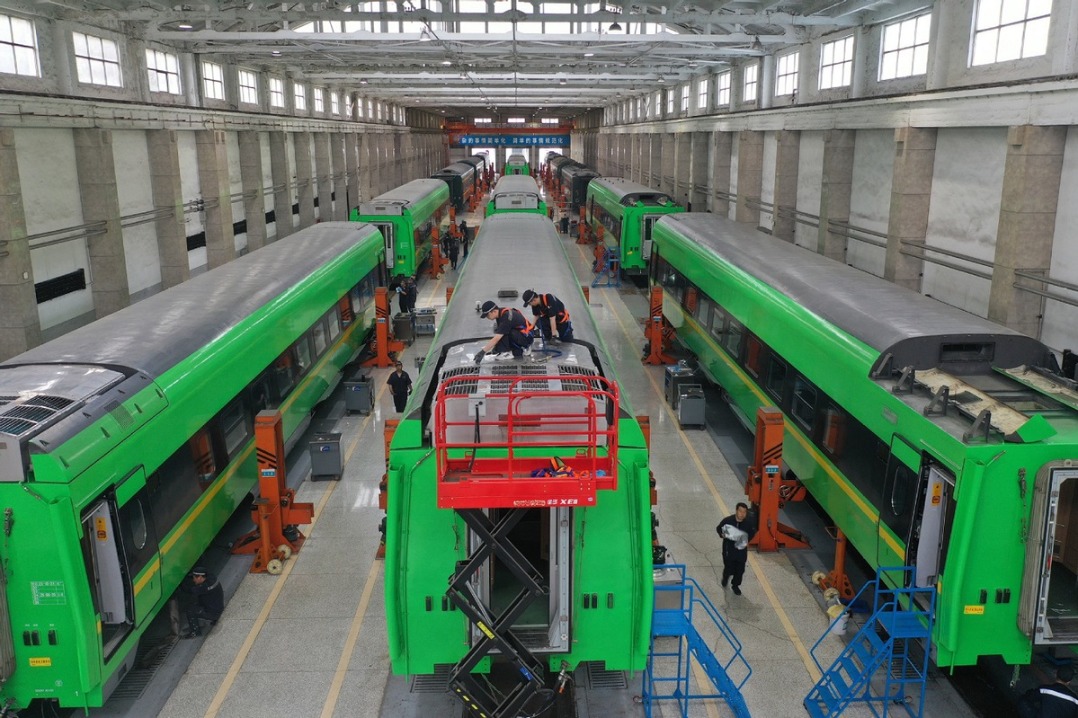Doctor helps people breathe easier at high elevations


When he noticed that altitude sickness was also common among border soldiers and other migrants who came to take part in the region's economic development, he decided to look for a solution.
"To develop the region, you first had to solve the problem of adaptation to the high altitude," he said.
For decades, Wu spent his time observing and surveying the local population. His hard work paid off.
During construction of the Qinghai-Tibet Railway, the world's highest railway, in the early 2000s, Wu and his team devised a protection-and-first-aid protocol that allowed all 140,000 workers to avoid suffering the effects of acute altitude sickness.
Liu Fengyun, deputy director of the central laboratory of the Qinghai Province Cardiovascular and Cerebrovascular Disease Specialist Hospital, said no casualty during the construction was a "miracle".
- Guideline aims to curb irregular cosmetic surgery pricing
- Committee formed in Guangzhou to guide the building of 'lake + green development zone'
- Shanghai Mint brings coins and medals to London
- Chinese customs seize over 40,000 fake Labubu toys
- Torrential rains cause flooding in Guangdong townships
- Xiamen artist captures fleeting wedding emotions on canvas





































